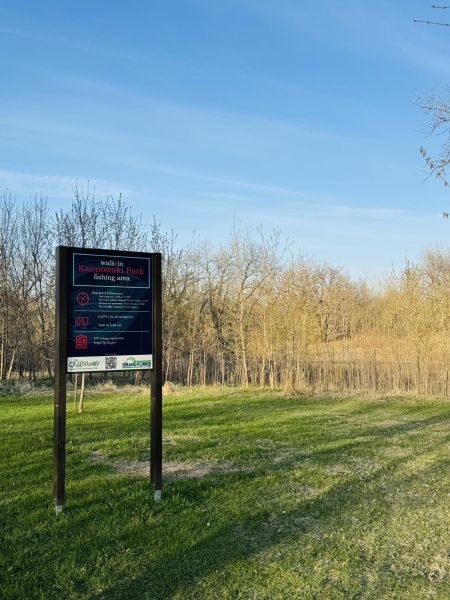DS View: Shutdown
CONSEQUENCES The shutdown of the federal government this month has had significant effects on society.
More than two weeks after the federal government was shut down, students are feeling the consequences.
In Grand Forks, the Community Violence Intervention Center, bolstered by federal government funding, is struggling to pay its employees under the stresses of reduced resources. CVIC has been helping build a more peaceful community through partnerships with the university and providing support and comfort for the past 33 years.
A few days ago, the center was making plans to dig into savings funds to stay in business.
Another institution that suffered from the shutdown is the National Park Service, which was forced to lock the doors of every national park in America and temporarily deactivate its website.
The closing of the parks, however, affected far more than the weekend plans of hiking clubs and bird watchers. Small businesses located near national parks — but are not directly affiliated with the National Park Service — have faced fear of bankruptcy as the traffic to the parks and their stores have slowed.
With no cyclists touring the national parks, for example, there has been no one renting bikes from the cycling shops across the country. With no families tromping the parks’ hiking trails, there have been fewer visitors to the cafe’s and gas stations on the parks’ outskirts. The financial toll taken on businesses such as these this October may prove to be something they cannot recover from during the transition back to normality.
In the meantime, the general public missed out on learning about and enjoying the sights of national parks and federal museums, such as the Lake Superior Maritime Visitor Center on the harbor in Duluth, Minn.
Students thinking about joining the Peace Corps after graduation also have had their plans delayed. During the shutdown, a message at the top of the Peace Corps website informed visitors that the site was not being maintained and no new applications were being accepted.
American students involved in government research, too, have had their plans destroyed by the government shutdown.
The National Science Foundation converted its three Antarctic bases to “caretaker mode,” essentially reducing the operations’ staff and ceasing all research.
One graduate student from Columbia University traveled to Antarctica, where he had planned to spend six months conducting research for his studies. But, according to “Scientific American,” he was told to turn around and go home the day he arrived.
Other research programs have lost grant money and abandoned their studies, some that have followed biological change at the same location since the 1970s.
Though the government shutdown is wrapping up, students are will feel the consequences of the event for a long time.











